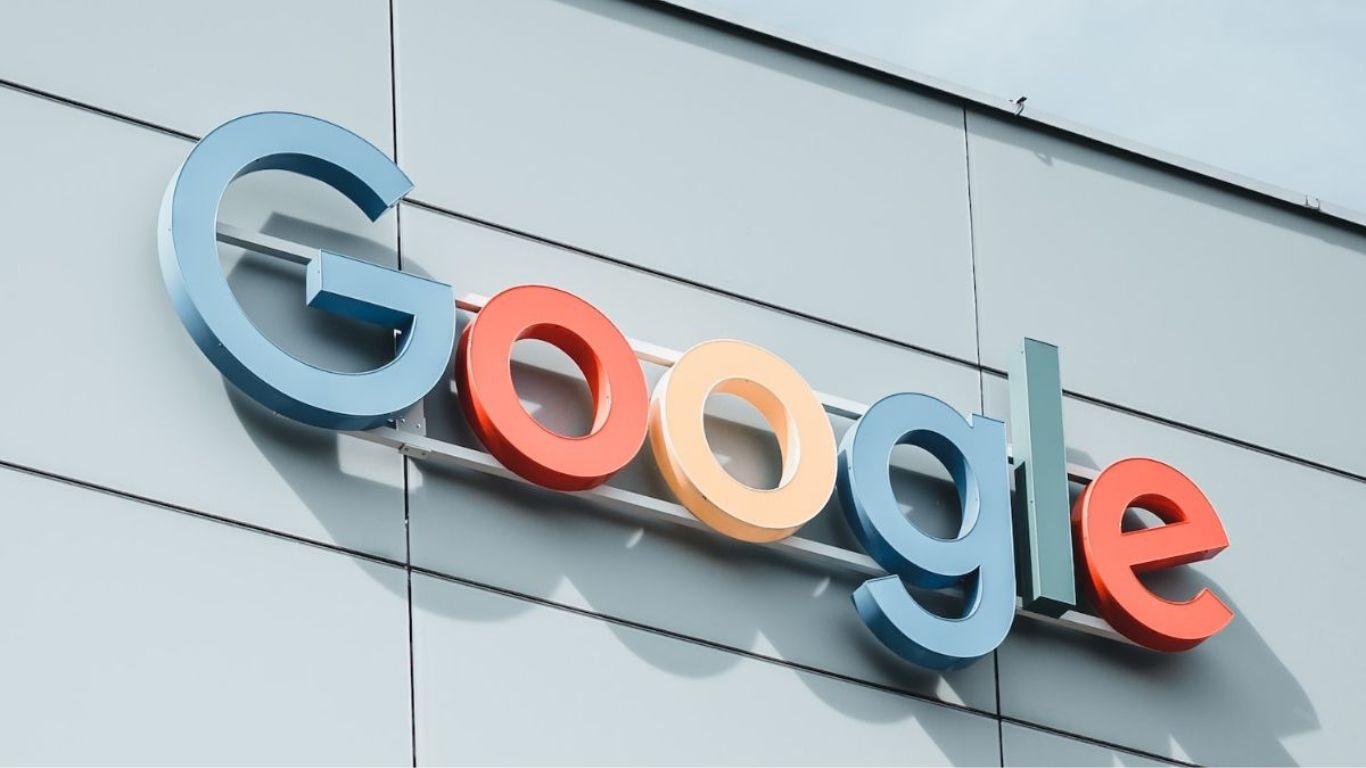The potential applications of artificial intelligence in art are just beginning to be explored, and musicians are already experimenting with the technology. However the new regulations stipulate that they must ensure that their contribution is “significant” if their AI-assisted work is to qualify for a Grammy.
The eligibility requirements for the renowned prizes have been updated to say that “[o]nly human creators are eligible to be submitted for consideration” and that “[a] work that has no human authorship is not eligible in any Category.”
Yet, AI is not the end of the world. The Grammy authorities provide a savvy and cunning exception to this rule by allowing any work where “the human authorship component of the work submitted must be meaningful and more than de minimis.” Moreover, the authorship must be relevant to the category for which the song is filed (for example, the AI cannot claim authorship for the category “songwriting”).
What does all of this mean? Imagine you created a constantly changing loop of some of the instruments you played using an AI-powered programme. You add percussion, recorded instruments, and your original vocals on top of this. No issues here! In essence, the AI is essentially a device or effect, similar to a pedal or filter.
But what if you asked the AI to create the lyrics based on a cue and then sing them in David Crosby’s manner? Riffusion will next create some beats and instrumentation. Then, add a layer of distinctive generated tones that you altered from Brian Eno’s Reflection.

No one would dispute that you had a creative hand in the final track, despite the result’s quality (which, at a guess, isn’t terrific). But did you write the song, sing it, compose it, or play the instrument? Not in the sense or manner generally attributed to those terms. And certainly not in accordance with those who make the rules at the Grammys.
The best course of action for awards like these is arguably this regulation, which disallows pure AI works but allows it to be utilised as a tool. We’ve previously seen how dishonest individuals can overwhelm publishers with AI-generated work in an effort to secure a sponsored placement or even just notoriety. Artificial intelligence-generated video and deep fakes are already beginning to appear on streaming services. Those who would misuse AI technology instead of using it creatively might also disrupt music.
It must be acknowledged that generative music is more than just legitimate; it has practically become a separate genre. Also, some of its most famous works were produced in a basic manner (even by their own creators). Although it appears that there is “meaningful” human authorship present in Eno’s Music For Airports, it is unlikely that the Grammys would reject it if it were presented today. However, they would not permit three minutes of arbitrary tunes from Kriller or Generative.fm.
As I previously stated, the policy is judiciously open-ended and allows the organisation to use its discretion in determining what they deem to be “lacking significance or importance; so minor as to deserve neglect.” This definition will undoubtedly change over the next few years as well-known artists accept, reject, or reluctantly integrate AI-powered tools into their creative processes.










